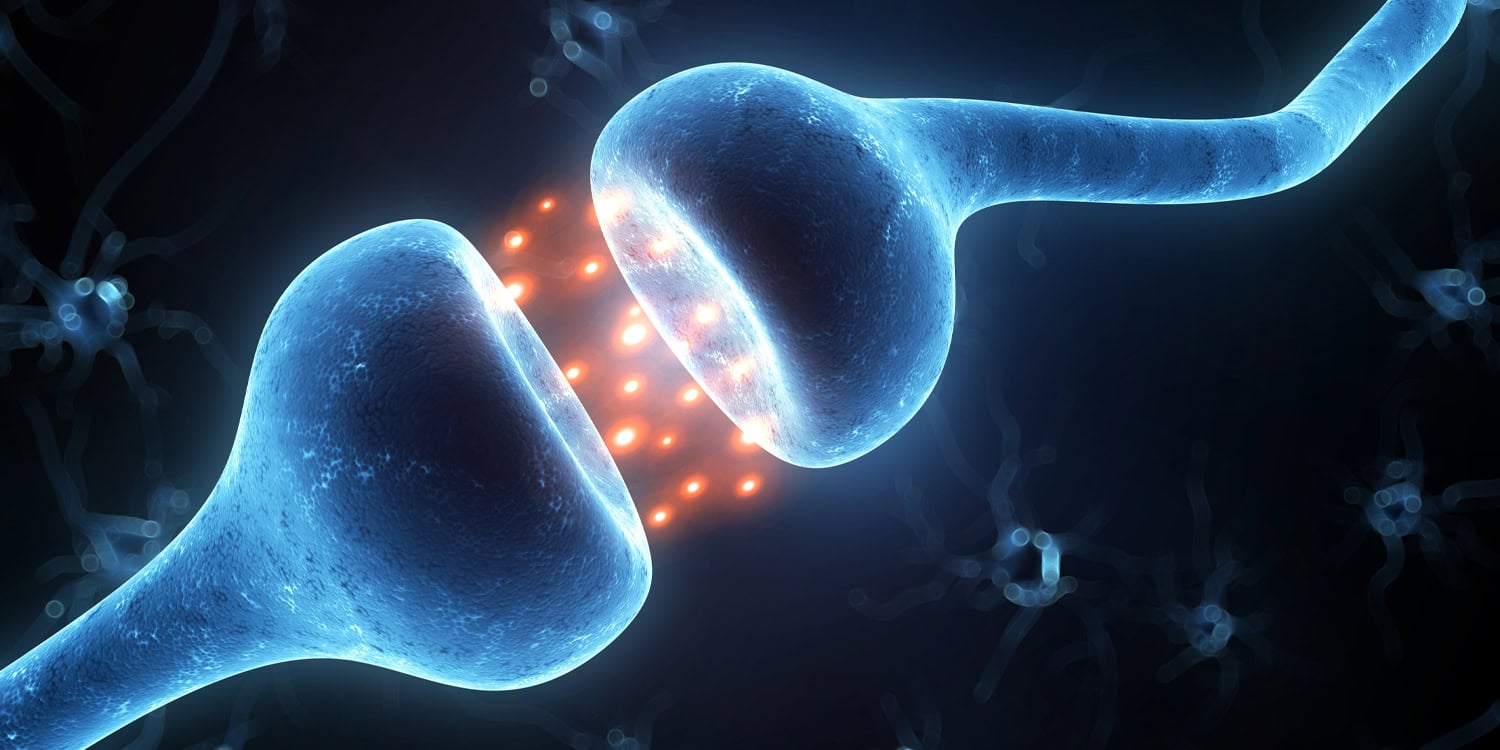Stress, it turns out, can do more than make you feel anxious or overwhelmed; it can also subtly shift the way you eat. A recent study published in Frontiers in Neuroscience has revealed that under stress, mice develop unusual feeding behaviors that might offer insight into the effects of stress on the brain’s reward system.
While it is well known that stress can lead to changes in appetite and food intake, less is understood about the specific patterns of eating behavior—such as food selection and consumption patterns—under stress. The researchers wanted to explore whether these patterns could provide more nuanced insights into the effects of stress on the brain, beyond the simple measurement of how much food is eaten.
“Seemingly straightforward questions, such as why some people repeatedly order the same cheeseburger or can’t stop eating potato chips, sparked our interest in understanding the mechanisms that regulate feeding behavior patterns, independent of the quantity consumed. Surprisingly, despite the recognition that overeating or anorexia can manifest under various forms of stress, these processes remain poorly understood,” explained study author Shinsuke Ishigaki, a professor at the Molecular Neuroscience Research Center at Shiga University of Medical Science.
The researchers used three distinct stress models: social isolation, intermittent high-fat diet, and physical restraint. These models were chosen because they reflect different types of stress that humans might experience—social, dietary, and physical stress, respectively. Each of these stressors has been shown in previous research to affect behavior and brain function.
For the social isolation model, mice were housed alone for a week, a condition known to induce anxiety without necessarily affecting body weight. The intermittent high-fat diet model involved giving mice access to a high-fat diet for only a few hours every other day, a method that typically leads to binge-like eating behaviors. The physical restraint model involved completely immobilizing the mice for a couple of hours each day over five consecutive days, simulating the stress of confinement.
To assess how these stressors affected feeding behaviors, the researchers developed a real-time monitoring system. This system allowed them to observe and record the mice’s interactions with multiple food sources placed in an arena. The setup involved four bait containers positioned in a semi-circle, where the mice could choose to eat from any container. The researchers used motion capture technology to track how often and for how long each mouse approached and ate from each container.
The findings revealed that mice under all three stress conditions exhibited what the researchers termed “fixated feeding.” Unlike the control mice, which distributed their eating relatively evenly across all food sources, the stressed mice repeatedly favored one specific food source. This behavior was consistent across all three types of stress, suggesting that stress induces a form of aberrant feeding behavior where the animals fixate on a particular food option.
Notably, these changes in feeding behavior occurred independently of significant changes in the total amount of food consumed or other metabolic factors such as body weight, blood glucose levels, or body temperature.
The findings provide evidence that “changes in eating behaviors can reflect an individual’s environmental stress, whether that stress is obvious or not,” Ishigaki told PsyPost.
To explore the neural basis of these altered behaviors, the researchers measured dopamine levels in the nucleus accumbens shell, a key region of the brain’s reward system. They found that in control mice, dopamine levels rose significantly after eating, reflecting the normal reward response to food. However, in the stressed mice, this dopamine response was significantly blunted or absent, indicating that stress had disrupted the normal functioning of the brain’s reward system.
Further experiments showed that administering dopamine directly into the nucleus accumbens shell of the stressed mice restored normal feeding patterns, reinforcing the idea that the aberrant behaviors were linked to disrupted dopamine signaling.
The study also explored the role of the dopaminergic circuit from the ventral tegmental area (VTA) to the nucleus accumbens shell, a pathway central to the brain’s reward and motivation systems. By selectively inhibiting this circuit using a technique known as the DREADD system, the researchers were able to replicate the fixated feeding patterns seen in the stressed mice. This finding further confirmed that the mesolimbic dopamine system plays a key role in regulating feeding behaviors.
“We were particularly surprised to find that specific deactivation of dopaminergic neurons in the VTA led to aberrant feeding behavior patterns, characterized by fixated feeding,” Ishigaki said.
However, while these findings are compelling, the study has its limitations. For one, the research was conducted in mice, which, although informative, are not perfect models for human behavior. The researchers also noted that the effects of stress on feeding behaviors varied depending on the type of stressor. For example, the high-fat diet stressor led to increased food intake in some cases, while physical restraint led to reduced intake, highlighting the complexity of how different stressors can affect eating behavior.
Looking ahead, the researchers suggest that future studies could explore these questions in more detail, including whether similar patterns of fixated feeding can be observed in humans under stress. They also propose that further research could investigate how these feeding behaviors are linked to other aspects of the brain’s reward system, and whether they could serve as early indicators of neuropsychiatric conditions such as depression or anxiety.
“Our long-term goal is to develop a system that can detect subtle alterations in human eating behavior patterns,” Ishigaki said. “Deviations in feeding behavior patterns can serve as sensitive biomarkers for stress conditions and neuropsychiatric disorders, such as autism spectrum disorder and frontotemporal dementia.”
The study, “Stress-impaired reward pathway promotes distinct feeding behavior patterns,” was authored by Yusuke Fujioka, Kaori Kawai, Kuniyuki Endo, Minaka Ishibashi, Nobuyuki Iwade, Dilina Tuerde, Kozo Kaibuchi, Takayuki Yamashita, Akihiro Yamanaka, Masahisa Katsuno, Hirohisa Watanabe, Gen Sobue, and Shinsuke Ishigaki.




